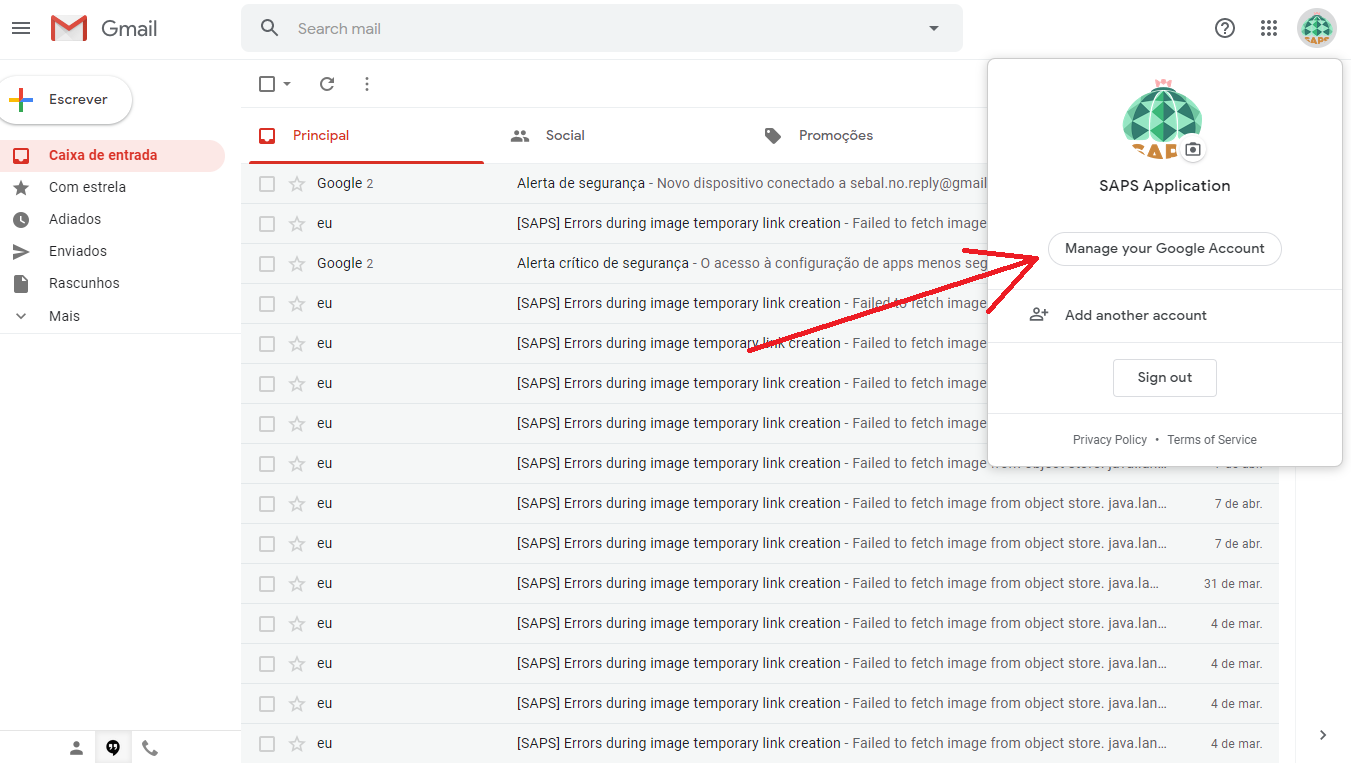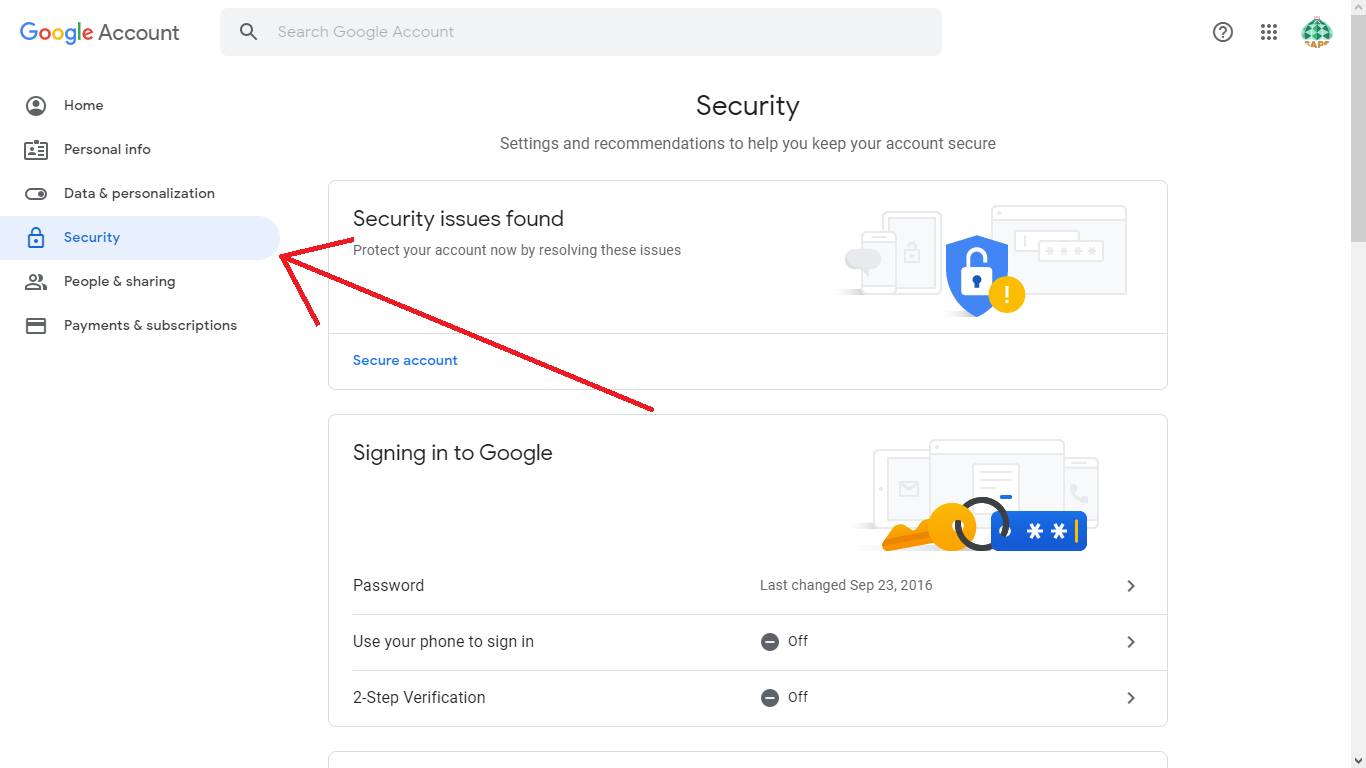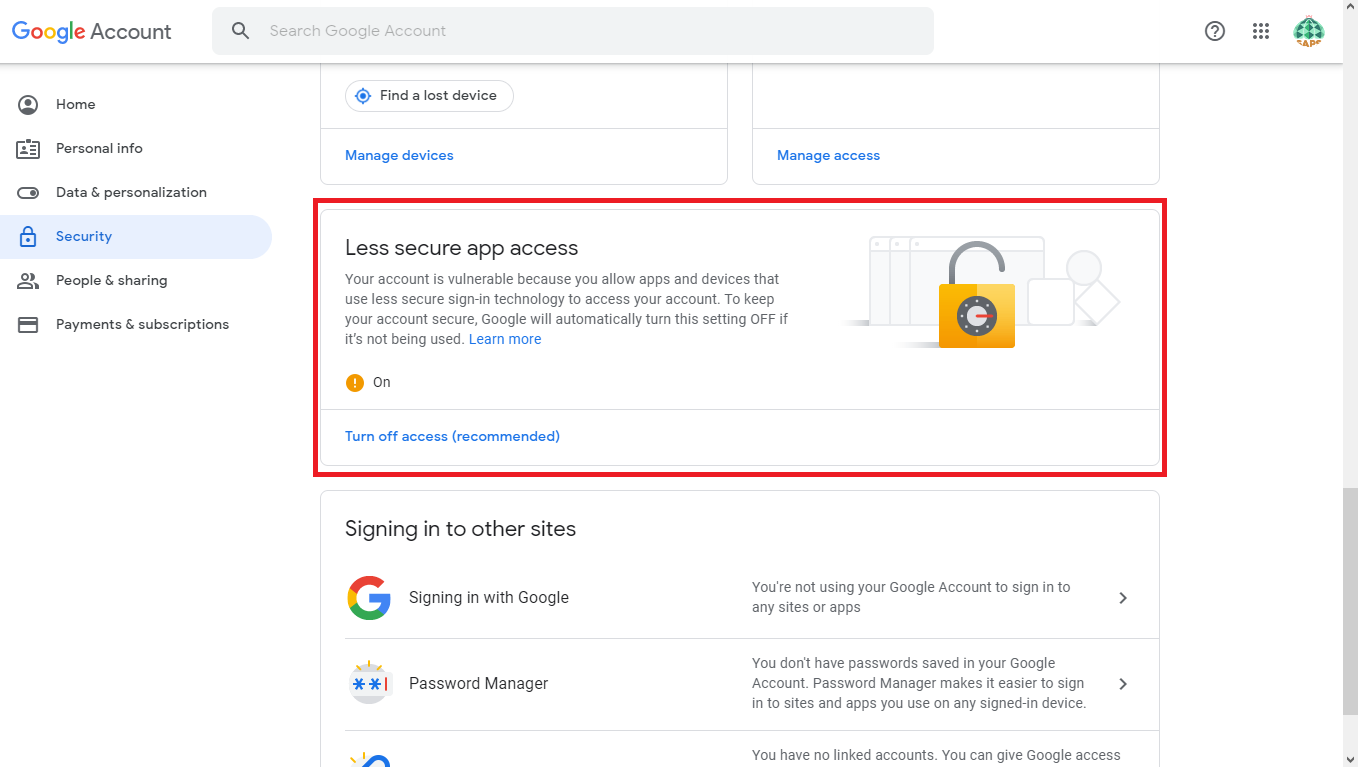The SAPS Dispatcher component is responsible for registering new tasks to the Catalog Service. In addition to this feature, the Dispatcher is also responsible for the sign up of new user and the notification of the users about finished tasks.
In an apt-based Linux distro, type the below commands to install the Dispatcher dependencies.
sudo apt-get update
sudo apt-get -y install openjdk-8-jdk \
maven \
git
sudo apt-get -y install curl jq sed
sudo apt-get -y install python-swiftclient \
python-gdal \
python-shapelyIn addition to the installation of the above Linux packages, the Dispatcher source code should be fetched from its repository and compiled, however there are two dependency repositories: saps-common and saps-catalog. This could be done following the below steps:
# saps-common repository
git clone https://github.com/ufcg-lsd/saps-common
cd saps-common
git checkout develop
mvn install
# saps-catalog repository
git clone https://github.com/ufcg-lsd/saps-catalog
cd saps-catalog
git checkout develop
mvn install
# saps-dispatcher repository
git clone https://github.com/ufcg-lsd/saps-dispatcher
cd saps-dispatcher
git checkout develop
mvn installEdit the files:
-
Dispatcher configuration file to allow its communication with the SAPS Catalog and Permanent Storage.
-
The
$openstack_object_store_service_keyproperty in Dispatcher configuration file is used to access Object Store. After creating a new key, it must be configured using the command:
swift post -m "Temp-URL-Key:$openstack_object_store_service_key" --os-auth-url $openstack_identity_service_api_url --auth-version 3 --os-user-id $openstack_user_id --os-password $openstack_user_password --os-project-id $openstack_project_idNote: -auth-version is the version of the deployed Openstack Identity Service API
- SAPS Scripts to make available new versions of the algorithms, for the three steps of the SAPS workflow (input downloading, preprocessing and processing). Any new algorithm should be packed as a docker image. See below example on how to specify the algorithms:
{
"inputdownloading":[
{
"name": "$name_inputdownloading_option1",
"docker_tag": "$docker_tag_inputdownloading_option1",
"docker_repository": "$docker_repository_inputdownloading_option1"
}
],
"preprocessing":[
{
"name": "$name_preprocessing_option1",
"docker_tag": "$docker_tag_preprocessing_option1",
"docker_repository": "$docker_repository_preprocessing_option1"
}
],
"processing":[
{
"name": "$name_processing_option1",
"docker_tag": "$docker_tag_processing_option1",
"docker_repository": "$docker_repository_processing_option1"
},
{
"name": "$name_processing_option2",
"docker_tag": "$docker_tag_processing_option2",
"docker_repository": "$docker_repository_processing_option2"
}
]
}The $noreply_email and $noreply_password properties, configured in the Dispatcher configuration file, are used by SAPS to notify users about job completion. In the current SAPS version, if one uses a gmail account, it is necessary to enable the following gmail configuration:
Sign in to your Gmail account and go to Manage your Google account

Then, navigate to Security settings

Look for Less secure app access and enable it

Run the following command to check the current configuration of your Openstack Project Object Store:
swift stat --os-auth-url $openstack_identity_service_api_url --auth-version 3 --os-user-id $openstack_user_id --os-password $openstack_user_password --os-project-id $openstack_project_idExpected output:
Account: # ignore
Containers: # any value other than "0"
Objects: # any value other than "0"
Bytes: # any value other than "0"
Meta Temp-Url-Key: # $openstack_object_store_service_key also the one configured in /config/dispatcher
X-Account-Bytes-Used-Actual: # any value other than "0"
X-Timestamp: # ignore
X-Trans-Id: # ignore
Content-Type: text/plain; charset=utf-8
Accept-Ranges: bytesUnexpected output:
Account: # ignore
Containers: 0
Objects: 0
Bytes: 0
X-Timestamp: # ignore
X-Account-Bytes-Used-Actual: 0
X-Trans-Id: # ignore
Content-Type: text/plain; charset=utf-8
Accept-Ranges: bytesIf your result is equal to the unexpected, return to the configure section where we mentioned about openstack object store service key property.
Once the configuration file is edited, the below commands are used to start and stop the Dispatcher component.
# Start command
bash bin/start-service# Stop command
bash bin/stop-service